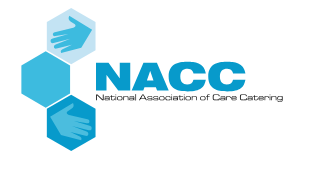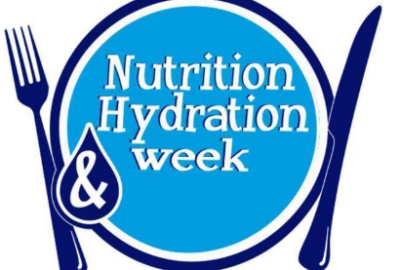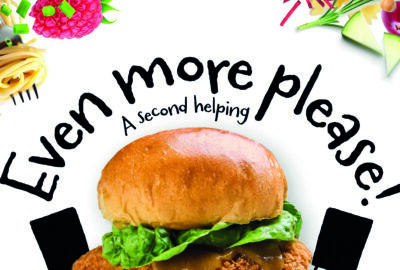It’s estimated that two children, on average, in every class, in every school has a food allergy, while experts predict that 70% of the population could have a food allergy by 2060. Schools therefore play a pivotal role to ensure meals are fully inclusive for all students.
“We regularly hear from parents of allergic children who experience challenges in negotiating safe food options for their children at nursery or school,” says Tanya Ednan-Laperouse OBE, Co-Founder of The Natasha Allergy Research Foundation. “Too often this results in the child being unable to participate in this key aspect of their educational life. No child should feel isolated at school due to their food allergy.”
Waltham Forest Catering, the local authority’s in-house catering service, holds an allergen free day once a week. On this day, 43 primary schools are served lunches which don’t contain any of the 14 major allergens. The idea behind the menu, which includes chickpea tikka masala, roasted pepper, peri peri chicken and coconut rice, is that all the children can enjoy the same food. Tanya and her husband Nadim visited Thorpe Hall Primary School, one of the participating schools in the scheme. She says “This is a thrilling initiative by the school catering team. The children with food allergies can feel included without having to collect a special meal or sit at a separate table. It would be great if this initiative could spread across the country.”
Christine Bailey from Thomas Franks says
Thomas Franks, the first catering company to be fully accredited by Coeliac UK, works with 120 schools. Christine Bailey from Thomas Franks says, “Parents need to be confident in schools’ ability to keep their children safe, so in addition to discussions with the health care team prior to start of term, they will have meetings with our in-house nutritionists and the catering manager. This enables the staff to fully understand the individual’s needs and preferences. Where possible our chefs create a menu that is free from as many common allergies to enable children with allergies to eat the same food as everyone else.”
Staff training is vital to ensure the catering team have the best opportunity to learn about managing allergens in a busy kitchen. Jacqui McPeake, a food allergy consultant says, “Face to face training is recommended as this ensures the opportunity for interaction, asking questions and the opportunity to learn. Level 2 Food Allergen Awareness is recommended for the catering staff and Level 3 Food Allergen Management for cooks and supervisors. Refresher training should be included in training budgets to provide regular updates and ensure that allergen training remains high on the agenda – it just takes one person to get it wrong.”
Jacqui says
Food needs to be stored correctly using colour coded storage boxes. Jacqui says, “The industry has adopted the colour purple to identify allergen-free foods, and this can be used in storage areas.”
She recommends having clear signage, encouraging pupils to ‘Ask about Allergies’ while menus should identify whether the meal contains any of the top 14 allergens.
Supporting Success in Education Catering
Get the latest School and Education Catering News, along with helpful tips to support positive behaviour and student achievement



